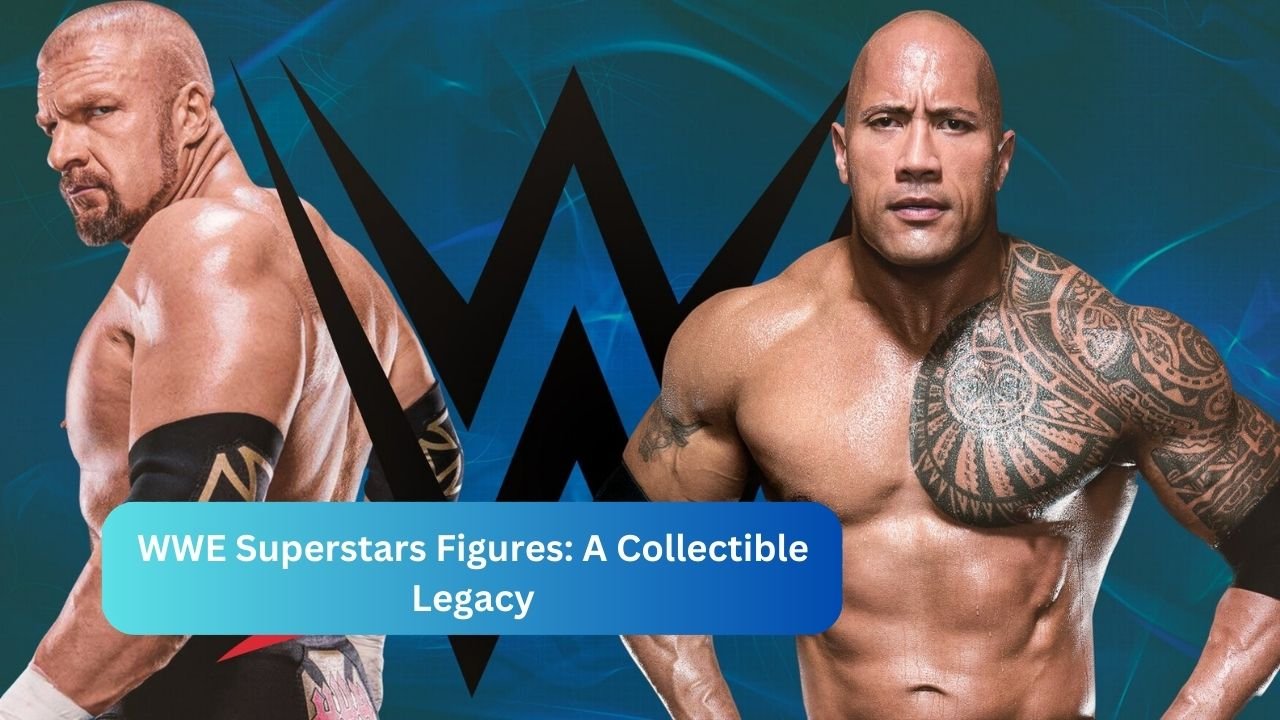Dave Bautista, a renowned professional wrestler and Hollywood actor, is widely known for his larger-than-life persona in WWE and his blockbuster roles in movies like Guardians of the Galaxy. However, before his global fame, Bautista faced significant challenges during his early wrestling career in Ohio Valley Wrestling (OVW), WWE’s former developmental territory. In a recent interview, Bautista candidly expressed how his first major wrestling character, “Leviathan,” hindered his growth in OVW, delaying his eventual rise in the wrestling world.
The Creation of Leviathan
Before Bautista became a wrestling legend, he debuted as Leviathan, a monstrous, demonic character designed to showcase his immense physicality. Leviathan was positioned as a nearly unbeatable force, aligned with sinister factions and draped in dark, supernatural elements. At first glance, this character seemed like the perfect way to introduce Bautista’s massive frame and fierce persona. But according to Bautista, Leviathan’s over-the-top nature held him back from developing into a more well-rounded wrestler and performer.
Leviathan was heavily based on intimidation, focusing on a limited move set and an exaggerated presence that restricted Bautista from showing his versatility. The character relied more on brute strength than on actual wrestling skills, which ultimately slowed his ability to evolve in the ring. Bautista admitted that while Leviathan gave him early exposure, it also boxed him into a corner creatively.
Challenges in OVW
Ohio Valley Wrestling was a crucial stepping stone for many WWE legends, including John Cena, Randy Orton, and Brock Lesnar. Bautista found himself surrounded by these future stars, all of whom were honing their skills in OVW. However, while his peers were fine-tuning their in-ring abilities and building compelling characters, Bautista’s Leviathan character restricted his development.
One of the biggest challenges Bautista faced was the character’s lack of depth. Leviathan, with his demonic and supernatural gimmick, didn’t allow for much emotional connection with the audience. This lack of relatability made it harder for Bautista to learn how to engage with fans beyond his intimidating presence. While his colleagues were learning to tell stories in the ring, Bautista was stuck portraying a one-dimensional, non-speaking monster who couldn’t fully demonstrate his true wrestling potential.
Moreover, Bautista felt that the Leviathan character hindered his ability to build chemistry with other wrestlers. Leviathan was designed to be unstoppable, which often meant his matches were short and dominant, limiting opportunities for Bautista to collaborate and grow alongside his peers. This limitation stunted his in-ring psychology, leaving him unprepared for the complexities of WWE’s main roster.
The Turning Point
Despite the obstacles posed by the Leviathan character, Bautista was eventually called up to WWE’s main roster in 2002 under the ring name “Deacon Batista,” serving as a bodyguard for Reverend D-Von Dudley. Though Deacon Batista was still a character that emphasized Bautista’s physicality, it marked a shift toward more realistic personas that allowed Bautista to break free from the confines of the Leviathan character.
In WWE, Bautista slowly shed the limitations imposed by his OVW persona and began developing his craft. His eventual alliance with Triple H, Ric Flair, and Randy Orton in Evolution propelled him to superstardom, and by 2005, Bautista won his first World Heavyweight Championship at WrestleMania 21. This marked the beginning of an illustrious wrestling career that led to multiple championships and a Hall of Fame induction.
Bautista has since reflected on how shedding the Leviathan character allowed him to explore new dimensions of his persona, both in wrestling and in Hollywood. Once free from the constraints of the OVW gimmick, Bautista was able to showcase his charisma, work on his in-ring storytelling, and become one of WWE’s most recognizable figures.
Lessons Learned
Looking back, Bautista considers his time in OVW as both a blessing and a challenge. The Leviathan character gave him the platform to start his wrestling career, but it also taught him the importance of creative freedom and character development. Bautista’s struggles in OVW highlight a larger issue many wrestlers face: the balance between crafting a memorable character and allowing space for growth.
Bautista’s story serves as a reminder that even when early roles or characters seem like a perfect fit, they can sometimes hold a performer back from reaching their full potential. His journey from Leviathan to Batista underscores the importance of adaptability, patience, and perseverance in any profession, whether it’s wrestling, acting, or beyond.
Conclusion
Dave Bautista’s wrestling career began with challenges, particularly with the Leviathan character in OVW, which stunted his early development. However, through determination and growth, Bautista evolved into one of the most successful wrestlers and actors of his generation. His experiences in OVW serve as a reminder of the importance of character evolution and the necessity of adapting to achieve long-term success.










